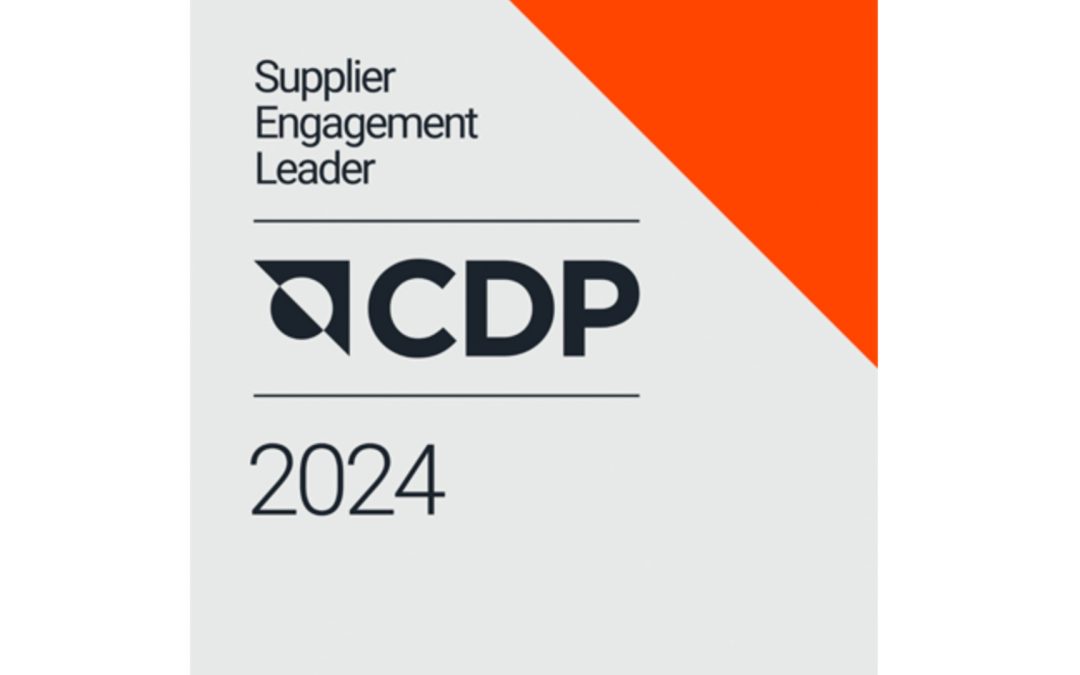A strange request I received earlier this year from a former client.
First things first, the telephones work, so this isn’t a telecom issue. It is a sales team dilemma where a dedicated international sales team make regular calls to customers and prospects and sends out monthly eNewsletters.
Over the last year, 80% of their outbound calls have been unanswered, and over half of the emails sent do not get a response.
Is it us?
The organisation’s annual turnover of €30 million is well known, but we will call them ACME to avoid embarrassment. The company wanted me to contact 25 European companies to see if they would take my calls and discover if there was an issue with their company or with the individual companies they were trying to contact.
It’s a big thing when you don’t get engagement with your customers and prospects. But then I sat down and thought about it – I often use a call answering service or let calls go to voice mail because I like to organise my day and work without interruptions. Perhaps others are like me?
But I respond to emails, usually at the end of the day or maybe the next day, depending on how many I get. What would make me ignore phone calls and not respond to emails? – Relevance and content!
Relevance
A simple internet search revealed that the 25 companies would all use the products produced by ACME, so there should be a synergy, but apparently not. What’s going wrong?
Content
I had them send me over some recent emails that had gone unanswered, and, on the surface, they were OK, perhaps a bit dull, but the product ACME make is needed, but you can’t get excited about it, and you would worry if someone did.
Phone phobia?
I didn’t want to do this project – cold calling people who don’t take your calls or answer emails; it’s not a fun day at the office. But on the other hand, I was intrigued by this issue. Why is a significant player in the market struggling to engage?
Getting into the detail
The client (yes, I took the money) sent over a list of the 78 contacts from the 25 companies. First, I checked out LinkedIn to see if the individuals were still working at the companies. The good news was that 44 were still at the same companies. But 34 were not. That indicates poor data upkeeping when 44% of your contact records are outdated.
The second LinkedIn check identified 17 contacts that worked for the companies but were not on the list. So, I added them and the up to date list is now 61 contacts. It follows that the email addresses were equally as accurate.
A big part of the problem is data accuracy. Were the 78 records sent in a representative cross section of the whole database, or just the 25 companies they wanted to crack open?
Poor quality data is the killer of good marketing, but is that the only problem? What about the message itself?
I called someone
In the deep end, I called someone on the list that I knew, and they answered the phone – I got a “Hi David, what can I do for you?” There was a pregnant pause as I caught my breath; they answered the call! The first thing I realised was that they used call ID; she knew it was me.
The next part of the conversation was more, shall we say, sensitive. I said do you know a company called ACME? Honest, that is all I said, and she goes – “Oh no, not them. It turns out she gets a call every month from ACME asking if she will be placing an order. It is always someone different, and despite telling ACME that it is not her role in the company (it was two years ago), ACME keeps calling her.
She tells me that when the phone rings, she recognises the number, always pushes it to voice mail, and knows that 10 minutes later, she will get an email saying they tried to call and letting her know that she can email an order over. At first, she forwarded the emails to the then, new person, but now she has flagged them up as spam.
Behaviour
Does that behaviour stop you from buying from them? I asked nervously. She answers that the product quality and price point are good, but the boss prefers an alternative supplier because he also gets the calls and emails. They start with me and work through the contact list, but for some reason, they don’t contact the person responsible for placing orders. I end the call, but the problem is obvious.
Over the next few days, I made eight more calls to people on the list and sadly, the “too pushy” or “too intensive” response from ACME was a familiar story. Yet nobody I spoke with said the product was poor.
Back at ACME they tell me that they have a spreadsheet for each month and it gets updated every day, who to call, who answered, emails sent etc. If there is no response, they get flagged for a second call and email ten days later. More of a process, rather than a plan.
Owning the problem
Strong client relationships are at the foundation of every successful business. Getting that wrong impacts your reputation and, over time, your revenues too. That doesn’t mean everything is lost. ACME has good quality and pricing, so it is possible to repair damaged customer relationships. But you need to understand that it will take time, and you must make it happen. You need to own the problem.
Calling me in was acknowledging there was a problem. Now the challenge is to turn the situation around.
It was tough to explain to ACME’s business owner that their contact records were outdated, customers/contacts thought the service was too pushy, and everyone avoided engaging.
Fixing the contact information is an easy task. A bit of time dedicated to searching google, hunter, and LinkedIn should fix the list.
Changing the culture at ACME was the more significant challenge because everyone had to buy into the fact that they needed to change how they work and focus on improving communications. But that isn’t just about sending better written emails. It is a lot more.
It was about dropping the spreadsheet contact list and replacing it with a CRM system, in this case, HubSpot. It was about assigning team members to individual clients. It was about changing the call centre’s “give me your order” mindset, ending the harassment, and delivering more engagement.
It was about training, managing and mentoring people and, most importantly, spending a lot of time understanding the customers and reconnecting with them.
It started with a “can we talk” letter – yes, old fashioned but directed at the people to better get to know them because the more aware of your customers’ background and culture, the easier it is to avoid annoying and offending them.
Talking is good, but listening is better. Let the customer talk to you, so you learn about their business and their perceptions. And when you speak, the goal is to solve a problem and communicate that you have their best interest in mind. And talk about the elephant in the room, apologise for what happened, and ask them how they feel about it. An open conversation can do a great deal to help rebuild an even stronger relationship.
Many other things happened, like more social media engagement, more face to face contact and a road trip or two are in the planning stage.
Takeaway
The call and email strategy evolved during the early days of the pandemic but was never well executed. Frankly, not keeping data up to date is commercial suicide. The good news is that since the new strategy has been in place, engagement has doubled, and in recent weeks sales have picked up 8%.
I wrote this article because I thought it highlighted an unusual problem. A big company still using spreadsheets for marketing and getting the plan wrong. Helping ACME was a good project. But then over the past few weeks, I realised Excel marketing is more common than you might think.




















